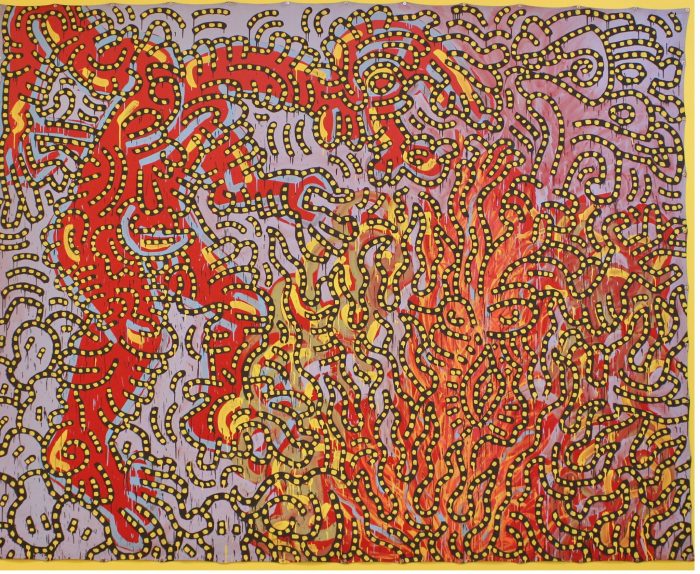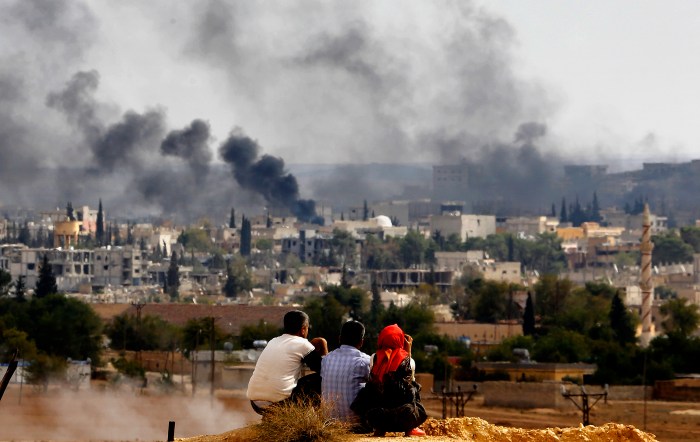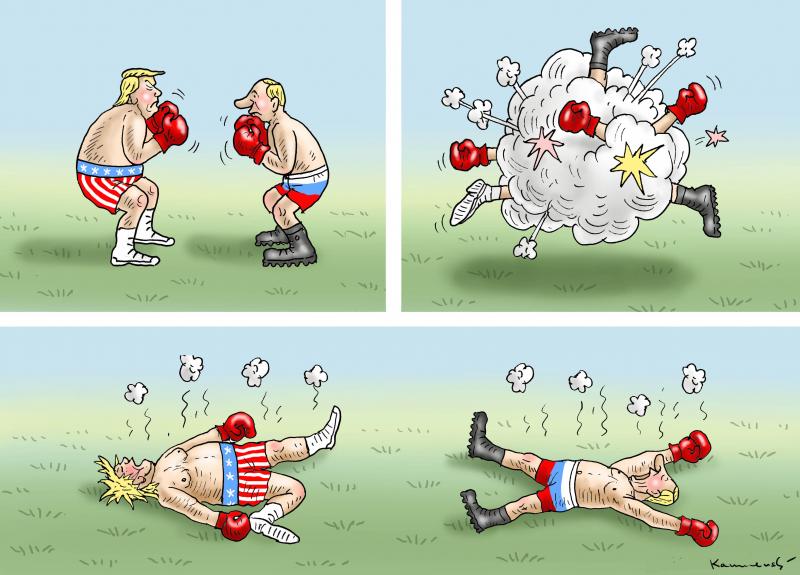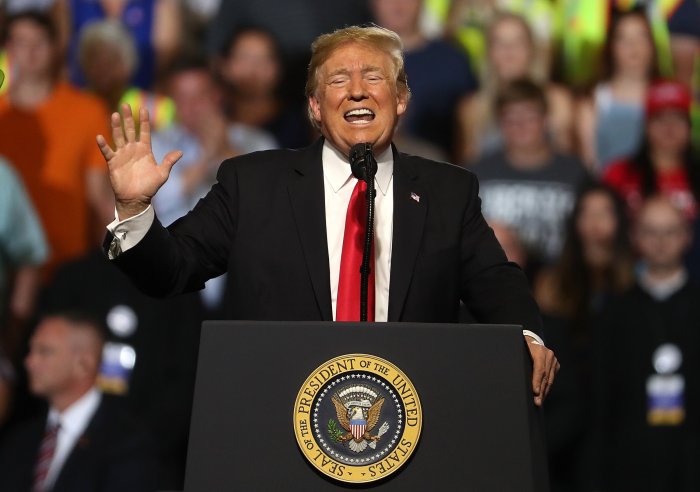The east-west confrontation bush mentions is – The East-West Confrontation, as mentioned by Bush, was a pivotal event in global history, shaping international relations and leaving a lasting impact on the world. This multifaceted conflict, rooted in ideological differences and geopolitical ambitions, played out on a global stage, influencing everything from economic policies to cultural exchanges.
The United States and the Soviet Union emerged as the primary antagonists in this struggle, each representing distinct political and economic systems and vying for global dominance. The Cold War, a defining characteristic of this era, became a proxy battleground for their ideological differences, with each side supporting allies and engaging in covert operations to expand their spheres of influence.
1. The Historical Context of the East-West Confrontation

The East-West confrontation, also known as the Cold War, emerged as a period of geopolitical tension between the United States and its Western allies against the Soviet Union and its Eastern bloc allies. The origins of this conflict can be traced back to the aftermath of World War II, when the Soviet Union extended its influence over Eastern Europe, establishing communist regimes in several countries.
The United States and the Soviet Union
The United States, as the dominant power in the Western world, saw the Soviet Union’s expansion as a threat to its global interests. The Truman Doctrine, announced by President Harry Truman in 1947, Artikeld the U.S. policy of containing the spread of communism.
In response, the Soviet Union formed the Cominform, a coalition of communist parties, to strengthen its control over Eastern Europe.
2. Key Ideological Differences

At the heart of the East-West confrontation were fundamental ideological differences between the capitalist West and the communist East. The United States and its allies advocated for democracy, free markets, and individual rights, while the Soviet Union and its allies espoused a socialist system based on centralized planning, collective ownership, and the suppression of dissent.
Impact on the Cold War, The east-west confrontation bush mentions is
These ideological differences had a profound impact on the Cold War. The West saw the Soviet Union as a totalitarian threat to its values and way of life, while the Soviet Union viewed the West as an imperialist force seeking to undermine its revolution.
This mutual distrust and fear fueled the arms race and proxy wars that characterized the Cold War.
3. The Impact on Global Politics

The East-West confrontation had a significant impact on global politics. It led to the formation of alliances, such as the North Atlantic Treaty Organization (NATO) and the Warsaw Pact, and the emergence of proxy wars in various regions of the world.
United Nations and International Organizations
The confrontation also had a profound impact on the United Nations and other international organizations. The Security Council, intended to maintain international peace and security, was often paralyzed by the veto power of the United States and the Soviet Union.
This led to the creation of alternative international organizations, such as the World Bank and the International Monetary Fund, which were less influenced by the Cold War divisions.
4. The Economic Dimension: The East-west Confrontation Bush Mentions Is

The East-West confrontation had significant economic implications. The arms race between the United States and the Soviet Union diverted vast resources away from other areas of development. Additionally, trade and economic sanctions were used as tools to pressure and isolate opposing nations.
Economic Sanctions
Economic sanctions played a significant role in the East-West confrontation. The United States and its allies imposed sanctions on the Soviet Union and its allies, while the Soviet Union retaliated with its own sanctions. These sanctions aimed to weaken the economies of opposing nations and limit their access to critical resources.
FAQ Section
What were the key ideological differences between the East and the West?
The East, led by the Soviet Union, embraced communism, emphasizing state control over the economy and society. The West, led by the United States, espoused capitalism, promoting individual liberty and free markets.
How did the East-West Confrontation impact global politics?
The confrontation shaped alliances, fueled proxy wars, and influenced the United Nations and other international organizations, creating a bipolar world order.
What was the role of the arms race in the East-West Confrontation?
The arms race between the United States and the Soviet Union diverted resources, fueled tensions, and increased the risk of nuclear war.